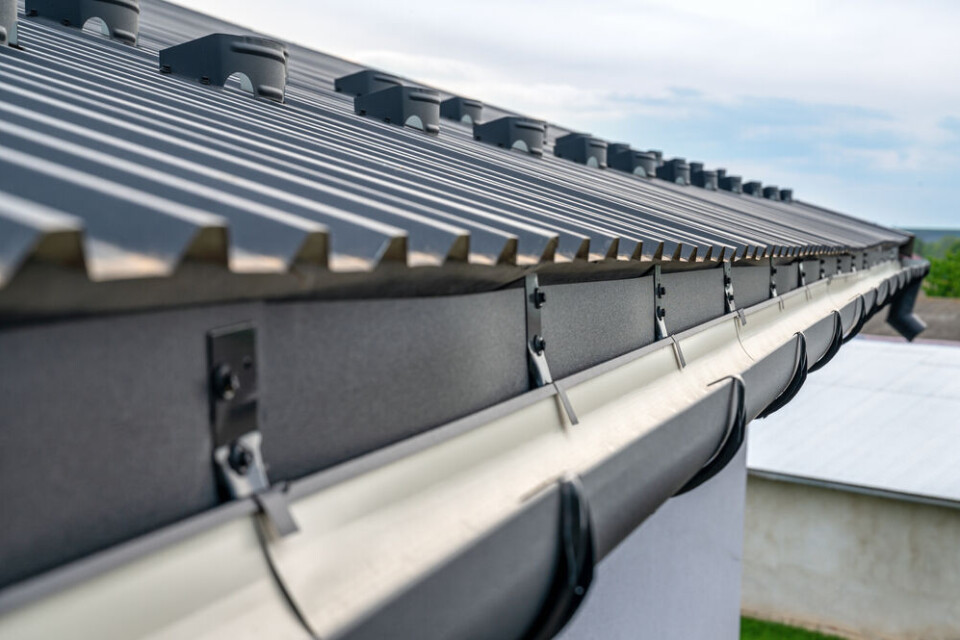-
French energy vouchers: 2025 date confirmed – and it is much later than usual
Five million people are eligible for the physical voucher, which can be up to €277
-
New notaire data suggests easing of Paris property crisis
Property experts have talked of ‘easing pressure’ and ‘breathing space’ after a four-year slump
-
How to value a property for France's wealth tax
Here is how to check if you have to pay the impôt sur la fortune immobilière (IFI) – and how much it will be
Do I need to put guttering on my French home?
There are rules which apply to gutter usage

Reader Question: We are looking to move homes in France but the house we like does not have guttering. Would we be required to put this in?
The first thing to note is that guttering is not mandatory in all properties, although the property itself must have an adequate way to deal with rainwater, as stated by Article 681 of the Code Civil.
However, guttering is required in some areas, so you should check with your local mairie about this.
In addition, just as with shutters, in certain areas home exteriors must keep to a certain cultural aesthetic look due to R111-27 of the planning code.
This can include the guttering needing to be made of a certain material, or be of a certain colour – again, you should ask your mairie whether any such rules apply.
If you already have guttering, changing it may require planning permission, if it changes the exterior appearance of the home or your home is listed as a historic monument, in which case you will need to submit a déclaration préalable de travaux (DP, or preliminary works declaration) to the mairie.
If it does not, and you are simply replacing old guttering, it counts as general upkeep and you will not have to declare the changes.
Where should water from the gutters go?
Something important when installing gutters is to note exactly where the water would go, as there are strict rules about where rainwater can fall.
For example, you cannot place guttering on property boundaries to make the water fall into a neighbour’s land.
However, there is no issue if rainwater naturally runs off of your land onto your neighbour’s without your interference.
Gutter water must be channelled through an appropriate pipe, away from the foundations of the house.
Certain building standards must be met to avoid flooding and drainage problems.
There are four legal ways of disposing of rainwater:
-
The public sewerage and rainwater network, or the separate public rainwater network. Depending on your area, you may also need to have a separate network on your plot. You can check with your local water management authority to be sure.
-
In a septic tank or via drainage ditches on your plot.
-
On a roof tank, if the roof is not made of asbestos.
-
In a ditch, with the agreement of the ditch owner (for example, the commune, or a private individual).
What do I need to do with rainwater collected from my gutter?
Whilst there are no limits on collecting rainwater, there are limits on what you can do with it – for example, you cannot use the water for drinking, cooking, or personal hygiene.
You can use it both for outdoor purposes (watering plants and lawn, cleaning your car etc), but if used for domestic indoor purposes (cleaning clothes etc), you must make a declaration to the local council.
You will need to pay the taxe d'assainissement collectif, or public sewerage tax if this is the case, as is outlined in Article R2224-19-4 of the Code général des collectivités territoriale (the local authority code).
You are also banned from mixing rainwater and drinking water supplies, either in your own home or in any drainage into the public water network.
Related articles
What are the French rules on using rainwater collectors?
Practical tips for buying rainwater collector as sales surge in France
























